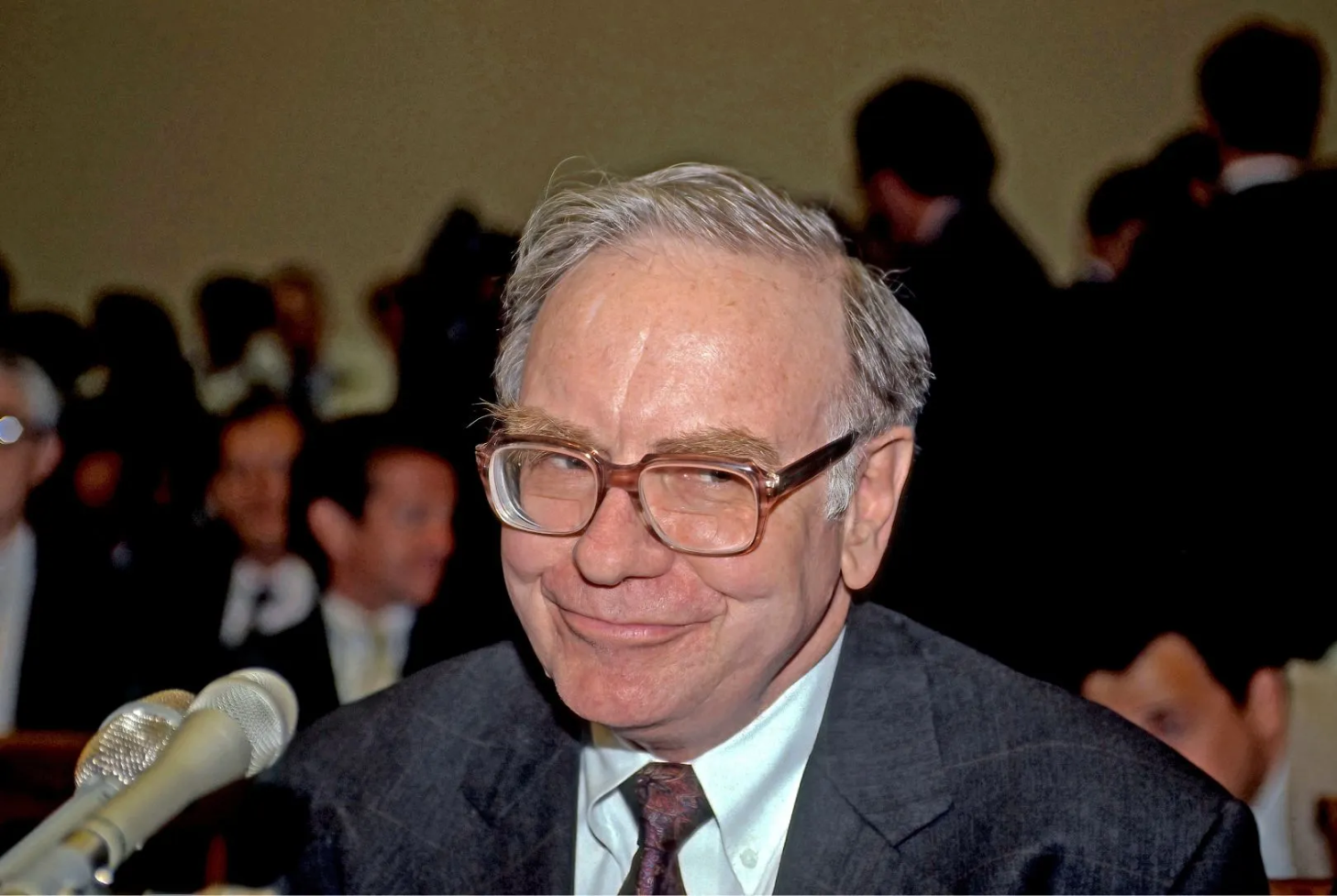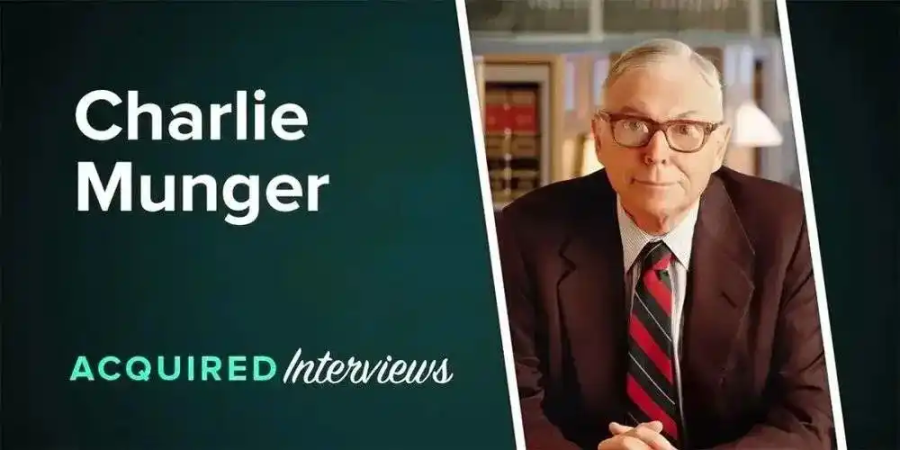The world's biggest Bitcoin hater has retired.
- 核心观点:巴菲特与芒格彻底否定加密货币价值。
- 关键要素:
- 巴菲特称比特币为“老鼠药平方”。
- 芒格斥加密货币“愚蠢邪恶”。
- 伯克希尔仅间接投资加密相关银行。
- 市场影响:传统金融与加密对立立场鲜明。
- 时效性标注:长期影响
Original author: Sanqing, Foresight News
On November 11, Warren Buffett released his final letter to shareholders, announcing that he would step down as CEO of Berkshire Hathaway at the end of the year and continue to accelerate the donation of his shares. This letter, which begins with "I'm going quiet," marks the impending farewell of a legend whose investment philosophy was shaped by rationality, compound interest, and long-termism.
However, in the crypto world, this "Oracle of Omaha" and his longtime partner Charlie Munger left behind a decade-long "negative timeline." From "rat poison squared" to "crypto shit," they almost represent the most thorough resistance from traditional finance to the crypto narrative.
Buffett: Rational Disbelief
Shortly after Bitcoin's inception, Buffett was first asked about it in 2013. At the time, he simply stated that he had "no plans to switch to Bitcoin." A year later, at the shareholders' meeting, he called Bitcoin a "mirage," arguing that "it neither generates cash flow nor has intrinsic value."
In 2017, as Bitcoin prices soared, he again publicly criticized it as a "bubble," comparing it to "Tulip Mania." The following year, his statement that "Bitcoin is rat poison squared" became an iconic phrase in the industry, making "rat poison" Bitcoin's most classic satirical label.

Buffett's logic has remained consistent: Bitcoin is not a productive asset; it cannot be valued and cannot generate cash flow. He bluntly stated, "Even if you offered me all the Bitcoin in the world for $25, I wouldn't buy it."
This judgment stems from his consistent value investing principles. He believes returns originate from corporate profits, not from speculation among speculators. For Buffett, Bitcoin is neither a company nor an asset, but rather a bottomless game of price manipulation. Rationality leads him to choose to stay away rather than participate.
Munger: Emotional aversion
Compared to Buffett's calm skepticism, Munger's attitude towards cryptocurrencies is almost one of moral rejection.
"Disgusting," "stupid," "evil," "poison," "STD," "crypto shit"—these are all words that came from his mouth. In 2018, he bluntly stated, "The hotter Bitcoin gets, the more I hate it."
At the Daily Journal annual meeting in 2022, he sarcastically remarked, "Cryptocurrency is like a sexually transmitted disease; I hope it will be banned immediately." At the shareholders' meeting that same year, he added insult to injury, "I have spent my whole life avoiding three things: stupid, evil, and ugly, and Bitcoin is all three."

In Munger's view, cryptocurrency gives speculation a veneer of idealism, representing a regression in financial civilization. He is not discussing the nature of assets, but rather warning of a decline in values, where the social motivation of "wanting to get rich" replaces the motivation of "wanting to create."
Berkshire Hathaway's "encrypted footnotes"
Berkshire Hathaway has never directly held any crypto assets on its balance sheet, but it is not entirely unconnected to the crypto world. In 2021, Berkshire invested a total of $750 million in Brazilian digital bank Nu Holdings before and after its IPO. Nu Holdings is a fintech company focusing on digital lending and financial inclusion, but since its listing, it has launched services such as Nubank Cripto and Bitcoin ETFs, becoming one of the most active retail crypto trading gateways in Latin America. In other words, Berkshire indirectly bet on a bank doing crypto business.
It didn't invest in Bitcoin itself, but rather in the financial infrastructure driven by the crypto craze. However, this investment is also seen as a "limited compromise" by Berkshire Hathaway. They didn't buy cryptocurrencies, but they acknowledged that the market is changing; they don't believe in crypto, but they can't deny that it's creating new users, liquidity, and profit models. This is Berkshire Hathaway's first foray into crypto, but the approach remains rational and the path conservative.
A rational conclusion, but the debate continues.
Now, Munger has passed away, and Buffett is about to hand over the reins. An era based on cash flow and compound interest seems to be coming to an end, but the market will not stop just because they have stepped down.
The number of crypto asset ETFs is increasing, with sovereign wealth funds and asset management giants placing greater emphasis on crypto asset allocation. Crypto assets and blockchain technology are also partially leading the Fintech 2.0 revolution, with a new generation of investors planning to establish their own "rationality" amidst the volatility of digital assets.
Buffett and Munger don't believe in the algorithmic logic of this world, but their skepticism makes the story more complete. They represent the order of one era, while encryption represents the imagination of another.



